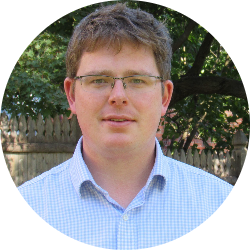Old age is often associated with lower income and labour supply, and with higher medical and long-term care needs. As population ages, this creates challenges both for society and individuals, some of which (especially related to long-term care) have been reinforced with the recent pandemic. For society, rising pension spending and health and long-term care demand puts strain on public finances and health care systems, making the need to design efficient policies more urgent. Individuals and their families must often struggle with achieving sufficient savings, balancing work and care for the elderly, and deciding the right time to retire, the right type of care to use and the right risk-management products to cope with longevity, medical and long-term care risks.
As part of the « Montreal Series on the Economy of Aging », the conference on the economy of aging took place on April 28 and 29. It was an open academic event that gathered international and national scientists studying the economics of ageing. It focused on applied work related to ageing, inclusive of the following general themes:
- the evaluation of public programs and policies for the elderly and their caregivers
- the provision of medical and long-term care services
- savings, insurance and portfolio choices in retirement
- intergenerational time and monetary transfers
- labour supply and retirement behaviours
- the labour market consequences of ageing
- the macroeconomic consequences of population ageing
Online Registration → Click here

























